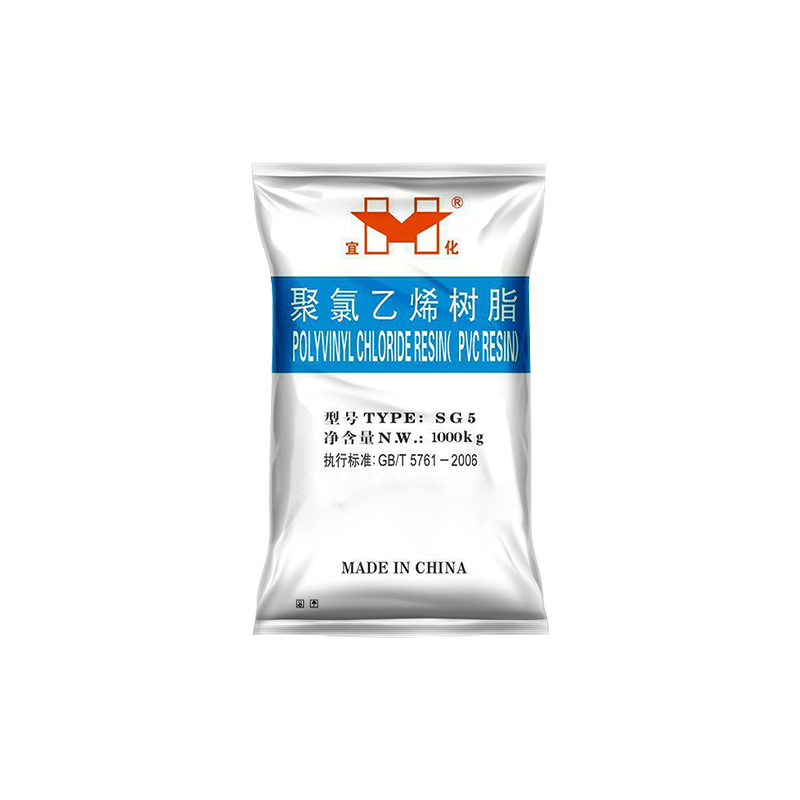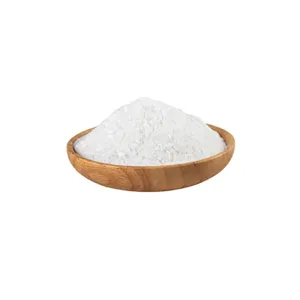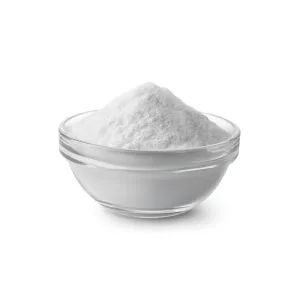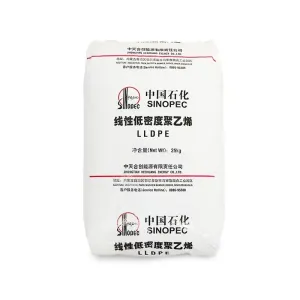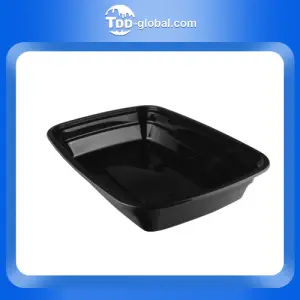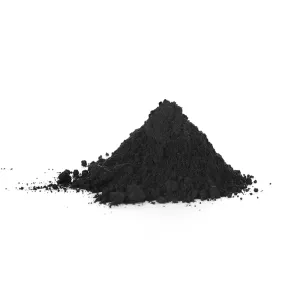Q
what are utility vehicles
IndustyPix: Capturing the beauty of industrial landscapes, machinery, and processes through photography. Industrial arts meets social media.
CNG vehicles are vehicles that are powered by Compressed Natural Gas (CNG). It is made by compressing natural gas, mainly composed of methane, to less than 1% of its volume at standard atmospheric pressure. CNG is a clean-burning alternative to gasoline and diesel fuel, and its use helps to reduce vehicular emissions and improve air quality. Vehicles that run on CNG include buses, cars, vans, trucks, forklifts and even trains.
You May Like
The bulk density of polypropylene granules can vary depending on several factors such as the grade of polypropylene, the size and shape of the granules, and whether they are filled or unfilled. Generally, the bulk density ranges from about 0.4 to 0.6 g/cm³. This measurement is crucial for processing and handling in industries as it affects the storage, transportation, and feeding into machines for manufacturing processes. Higher density polypropylene might indicate a higher molecular weight or the presence of fillers, which can enhance certain properties like stiffness or thermal conductivity. When working with polypropylene granules, taking into account their bulk density is essential for optimizing the manufacturing process and product performance.
Polyvinyl chloride, commonly known as PVC, is a type of plastic widely used in construction, piping, and electrical insulation due to its robustness and versatility. An important property of PVC is its thermal conductivity, which affects how well it can transfer heat. Typically, PVC has a low thermal conductivity compared to metals, making it an inefficient conductor of heat. This characteristic can actually be beneficial in applications where thermal insulation is required. The thermal conductivity of PVC generally ranges from 0.14 to 0.28 W/(m·K), indicating that it does not easily allow the flow of heat. This makes PVC an excellent material for insulating cables, pipes, and in constructing windows and doors where minimizing heat transfer is desired. However, for applications requiring efficient heat dissipation, PVC might not be the most suitable material without modifications or the addition of thermal conductive fillers.
Ti64 Titanium also known as Titanium Ti-6al-4V is a titanium alloy whose main components are titanium. aluminum. and vanadium. Titanium. aluminum. and vanadium make up the majority approximately 90%. These alloys are widely used for their excellent balance of strength. weight and corrosion resistance. They are commonly used in aerospace engineering. medical equipment and other high-performance applications.
You May Like
Q&A
- •who makes polypropylene
- •how to remove glued pvc pipe under sink
- •polypropylene specification
- •does polypropylene keep you warm
- •is polypropylene soft or hard
Popular Information
- •Specialty chemicals price trends in Feb 2023
- •Dow and Johnson Matthey’s licensed LP Oxo Process Technology chosen for Anqing’s new oxo plant in China
- •Nuberg EPC wins 250 TPD Chlor-Alkali Project from Chemfab
- •Demand Was General, PE Was Adjusted Narrowly
- •Rubber and Plastics: PE Future Fluctuates Down and Spot Market Declines Weakly (December 16-20)


